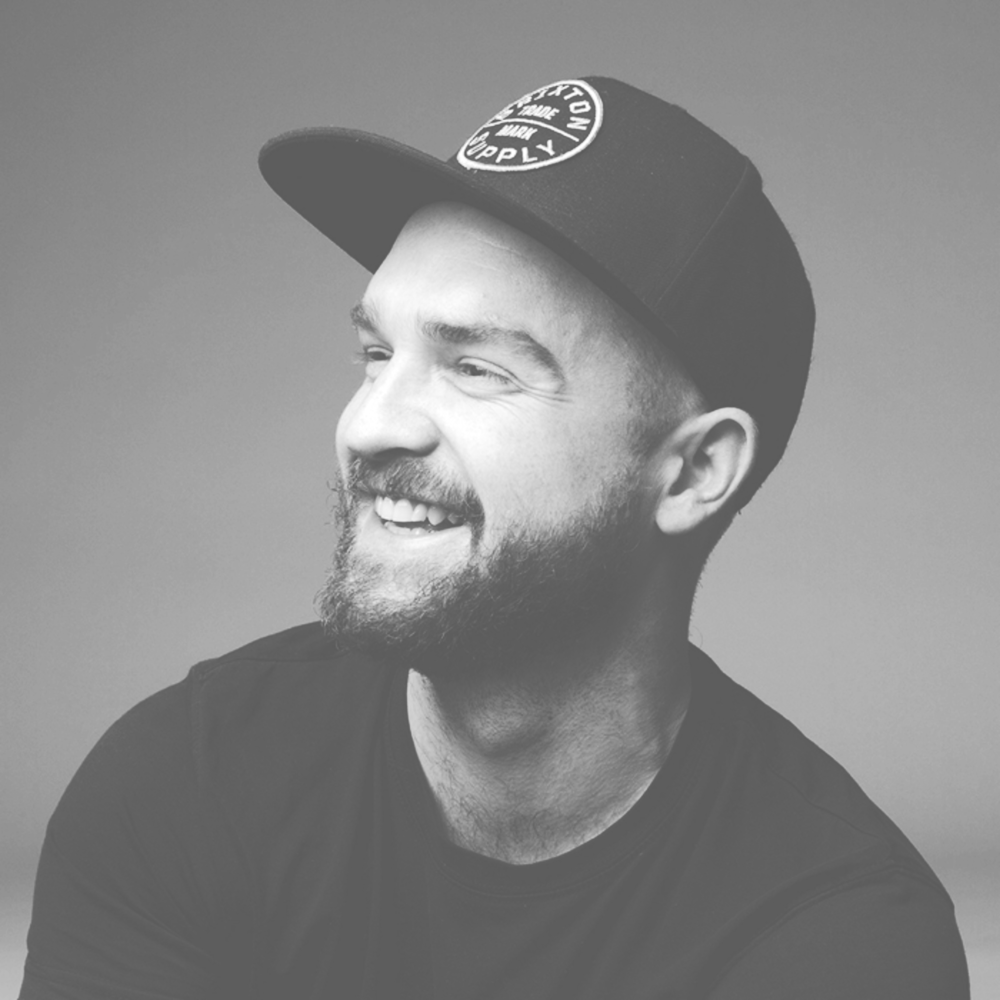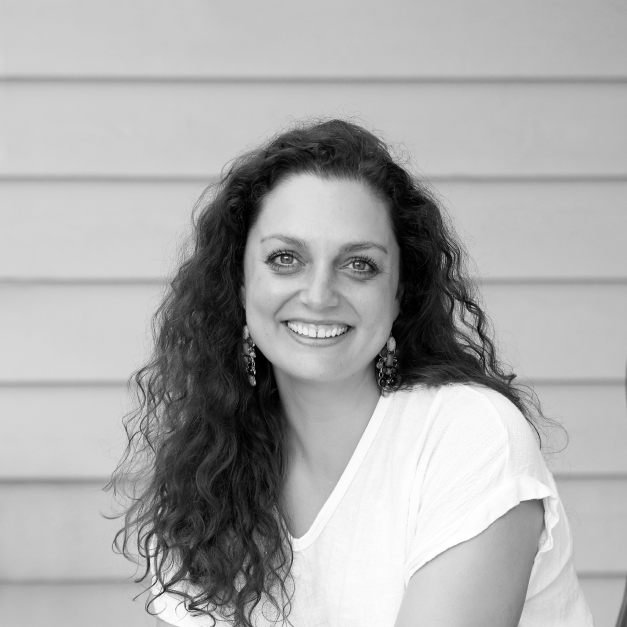
ASKING FOR A FRIEND
How can I market myself better when going for a startup position?
ASKING FOR A FRIEND - QUESTION
Dreaming of joining a startup but worried your CV looks a bit thin? You're in good company. Ben Miles, a brand strategist who's worked with major companies, teams up with registered psychotherapist Katie Feder to tackle this common career conundrum. Ben breaks down exactly what startup founders are really looking for (hint: it's not always experience), while Katie shares powerful techniques for building genuine confidence before you walk into that interview room. Andy Wright, who's been on the hiring side as a startup founder, adds real-world insights about the type of person who actually gets the job. Their advice is refreshingly honest and surprisingly empowering.
Landing Your Dream Startup Role With Zero Experience
Breaking into a startup when you're light on experience can feel like trying to solve a Rubik's cube blindfolded. But here's the thing: startups aren't just looking for seasoned professionals with decades under their belt. They're hunting for something much more valuable: the right mindset and genuine passion.
This question was answered by Andy Wright – Founder of Never Not Creative – who hosts this series and has firsthand experience building teams from the ground up, Ben Miles – Brand Strategist – known for his transformative work with major brands and deep understanding of what drives successful businesses, and Katie Feder – Registered Psychotherapist – who brings valuable insights into personal empowerment and self-belief in professional settings.
Show Them You Understand Their World
Ben emphasises the importance of doing your homework: "You understand their business inside out, you've done your homework, you're walking in there, you've looked at the competitors, you understand the white space that they're trying to operate in and you're thinking strategically just as much as creatively."
This isn't about memorising their website. It's about genuinely grasping what they're trying to achieve, who they're competing against, and where the opportunities lie. When you can demonstrate this level of understanding, you're already standing out from candidates who just want "a job at a startup."
Demonstrate the Startup Mindset
Startups need people who can wear multiple hats and thrive in uncertainty. Ben explains what founders are really looking for: "They're looking for somebody who is resilient, who is going to be passionate, who is adaptable, has curiosity to kind of go beyond the brief in front of them and be self-motivated."
Andy reinforces this from his own hiring experience: "She was like the perfect support, like she was part of the team, you know, at the beginning, not someone that was there to do, you know, just nine to five and tell me what I need to do and I'll do it. It was someone that was part of everything that we were trying to achieve."
Position Yourself as a Problem Solver
Rather than focusing on what you lack, highlight how you can make their life easier. Ben suggests showing "there's a restless pursuit to make their life better and you're on the journey to push things forward." Founders are juggling investor meetings, product development, and a million other priorities. They need team members who will take initiative, not add to their workload.
Think about specific ways you could contribute beyond your core role. Can you help with social media? Research competitors? Assist with client presentations? This collaborative mindset is gold in startup environments.
Build Yourself Up Before You Walk In
Katie offers crucial advice about mental preparation: "Write 50 reasons why I'm great, 50 reasons why I believe in myself, 50 reasons why they should hire me, right? Write it down, right? Get it in your body, get it in your attitude."
This isn't about being cocky. It's about walking into that interview room genuinely believing in your value. Katie distinguishes between confidence and arrogance: "Don't gift the whole thing over to them. Spend a good amount of time the morning of getting yourself fully centred in your greatness, in your glory and in your power. Different to ego, I'm not suggesting you go in cocky, but do go empowered."
Know What You Want
Andy points out a common mistake: "I would have interviewed so many people who don't really know what they want, you know, and that makes it really hard to hire someone because they, you know, like, are you there to help them try and find out what they want? Is this like some sort of stepping stone to just trial and see?"
Be clear about why you want to work for this specific startup, not just any startup. What excites you about their mission? How does this role fit into your career goals? Founders want people who are genuinely invested in the journey, not just looking for any port in a storm.
Practice Your Confidence
Ben reminds us that confidence is a skill you can develop: "It is all about practice, and before you know it, it becomes a habit." Don't wait until the interview to start believing in yourself. Practice in everyday situations: "I'm just going to push myself to be believing myself here, I'm going to push myself to kind of step out of my comfort zone a little bit."
Remember, startups are looking for potential, not just experience. They want people who can grow with the company, adapt to changing needs, and bring fresh energy to their mission. Your lack of traditional experience might actually be an advantage if you can demonstrate the right attitude, genuine passion, and willingness to learn. Focus on showing them who you are and what you can become, rather than dwelling on what you haven't done yet.
our guests
Industry Leader

Ben Miles
R/GA
Mental Health Expert

Katie Feder
Host

